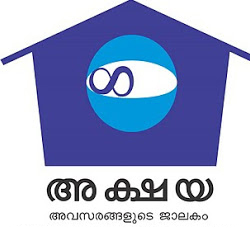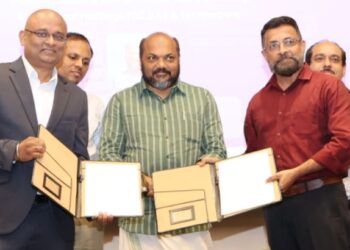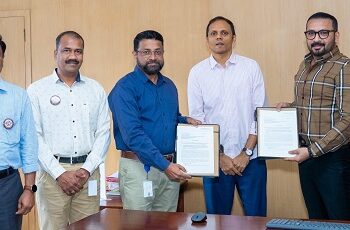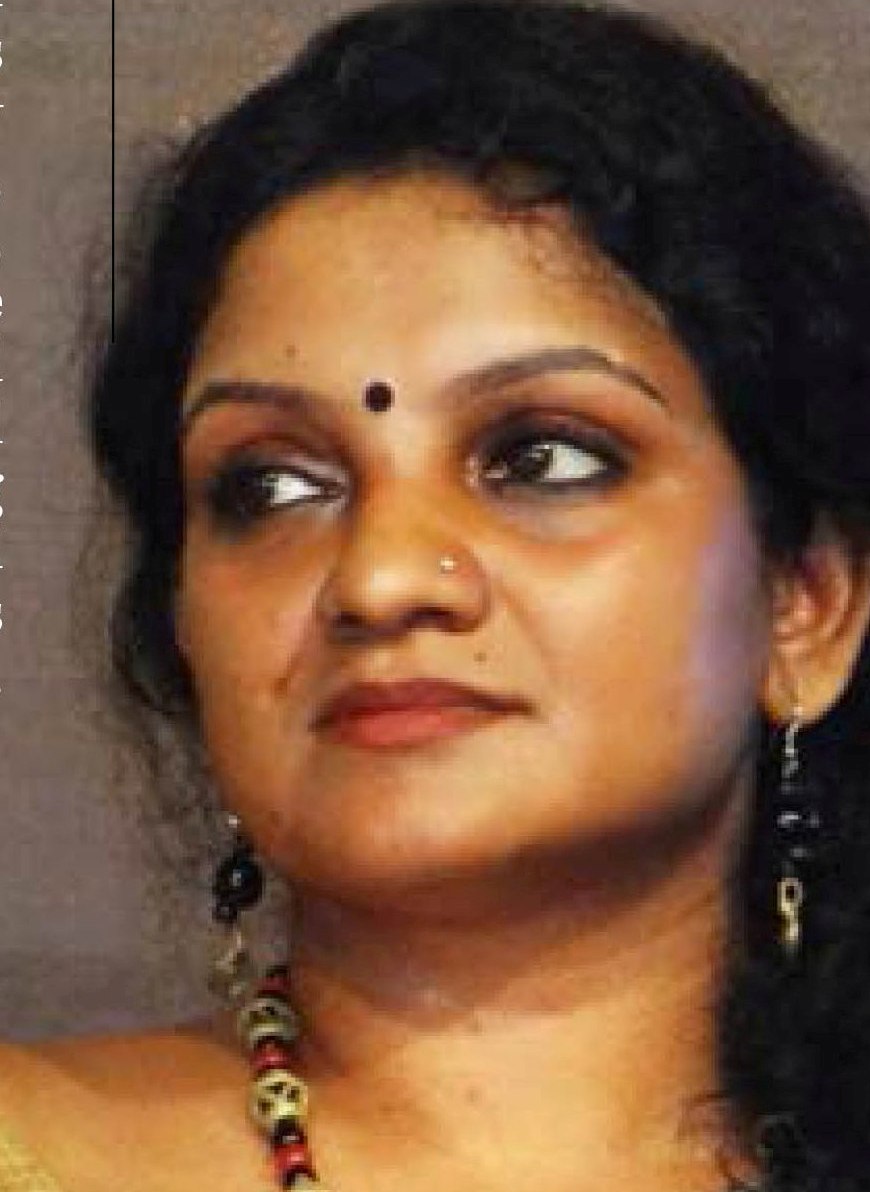Lauding the path-breaking initiatives of Kerala in e-governance, experts from across the globe said that the governance milestones and benchmarks that Kerala has set continue to be relevant when it comes to adopting electronic and digital technology.
They were sharing their insights and experiences during a session on E-governance on “Citizen Access to Services and Empowerment,” at the high-profile three-day virtual global conclave “Kerala Looks Ahead “(KLA).
Welcoming the participants, Mr.Mohammed Y Safirulla, IAS, Additional Secretary, Department of Electronics and Information Technology, Government of Kerala, said the state has come a long way in the field of information technology, particularly in the areas of e-governance.
Dr. Shirin Madon, Associate Professor, Information System, London School of Economics, said e-governance projects aimed at improving service delivery to citizens require greater attention to be placed on local context and local practices.
“Kerala is well-known for its social development model, the legacy of political mobilisation and citizen empowerment. Akshaya project was a planned approach by Kerala State IT Mission (KSITM) in 2002 and it was very much driven by local demand. Government functionaries were critical in the success of the Akshaya project in Kerala,” Dr. Madon added.
Mr.Jayant Bhatnagar, Board Director, Centre for Development of Telematics (C-DOT), Government of India, said, Kerala has always been receptive to new technologies. “Like all our other technologies, Kerala has been supportive in our efforts and our technology Early Warning Platform, which is based on global standards, was first time used in Kerala during the flood. Any technology since 1984, which has been introduced by us, will have the first trials in Kerala before taking it to the rest of the country,” he added.
Dr Amit Prakash, Associate Professor, Centre for IT and Public Policy, International Institute of Information Technology, Bengaluru, who chaired the session, said Kerala is a model for others in effectively implementing e-governance.
Elaborating how digital technology aided South Korea to contain Covid-19, Dr. Chang Yong Son, Information and Communications Technology (ICT) and Disaster Risk Reduction Division, UN-ESCAP, said smart management system and buttressing public-private partnership by opening public sector are vital in the face of crisis.
“The digital infrastructure can be leveraged diligently to protect and inform people”, he said.
Talking on social media platforms and threats of misinformation, Dr. Joyojeet Pal, Principal Researcher, Microsoft Research, said that there is a need to increase the culture of critical approach to misinformation in a progressive state like Kerala.”
Ms. Anju Mangal, Asia Regional Coordinator, Alliance for Affordable Internet World Wide Web Foundation, said that strong global policies are required against online gender-based violence and related to online content
Read More.
.Watch on Youtube















